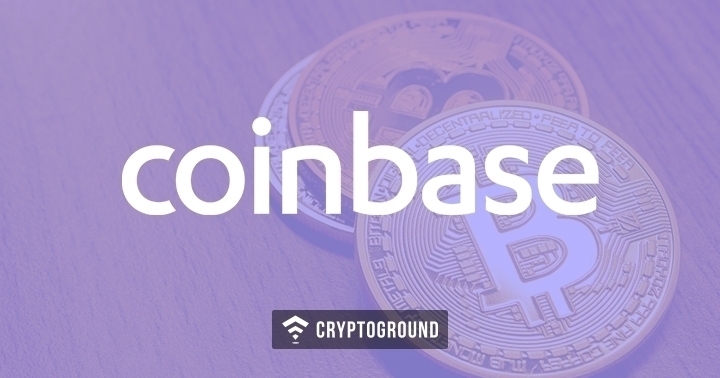Coinbase has announced that users of its Wallet can now back up their private keys on Google Drive and iCloud cloud storages.
The move which has generated a mixed reaction from cybersecurity experts and members of the crypto community has some who are skeptical about the thought of saving private keys on centralized servers while others are quite convinced about the new feature, noting that it entails encryption.
Coinbase Wallet formerly known as Toshi is different from the main application, Coinbase. While the app, Coinbase stores the cryptocurrencies purchased by customers and their private keys in its servers, Coinbase Wallet, on the other hand, requires users to store their own crypto protected by their unique private keys which are secured with a Secure Enclave and biometric authentication technology.
In April 2017, the San Francisco-based cryptocurrency exchange firm launched Toshi, an open-source, mobile-focused decentralized application (DApp) browser and Ethereum (ETH) wallet. The project which was motivated by Chinese mobile payments app - WeChat had an integrated messaging support and reputation system, which enables its users to rate other users and apps within the platform.
Toshi – according to its developers – is intended to offer financial services to people in developing countries, especially to the unbanked population. It was also purportedly the first wallet to commence crypto collectibles.
However in April 2018 - a year later – Coinbase merged Toshi with its newly acquired Cipher Browser, a similar decentralized app browser and wallet for the ETH blockchain. Pete Kim – Cipher’s creator and developer – was made the head of engineering at Toshi, joining Sid Coelho-Prabhu, the product lead for the Coinbase’s DApp project.
The official announcement when Toshi was rebranded to become Coinbase Wallet in August 2018, read:
“This is not just a new name, but part of a larger effort to invest in products that will define the future of the decentralized web and make that future accessible to anyone. With Coinbase Wallet, your private keys are secured using your device’s Secure Enclave and biometric authentication technology.”
At that time, Coinbase Wallet supported among other things ETH and ERC-20 tokens management, airdrops, crypto collectibles trading, and storage, as well as access to DApps and decentralized exchanges. According to the company’s Medium entry published at the time, it was revealed that Coinbase Wallet would start supporting Bitcoin (BTC), Bitcoin Cash (BCH) and Litecoin (LTC) very soon.
In November 2018, Coinbase Wallet included support for Ethereum Classic (ETC). In February 2019, its exchange’s wallet began hosting BTC. The firm reiterated that it is considering adding BCH, LTC and other major cryptocurrencies.
Hence on the 12th of February, Coinbase Wallet announced that its users can now back up their private keys on Google Drive and iCloud.
Coinbase explained in the accompanying statement, that allowing users to upload their keys in cloud storage will provide protection against lost keys and will help them avoid losing funds should the keys be misplaced:
“The private keys generated and stored on your mobile device are the only way to access your funds on the blockchain. Owners of ‘user-controlled wallets’ like Coinbase Wallet sometimes lose their devices or fail to back up their 12-word recovery phrase in a safe place, thus losing their funds forever.”
Interestingly, the feature was launched at a time when QuadrigaCX is facing charges over the loss of customers’ offline keys. The cryptocurrency exchange firm had earlier this month filed for creditor protection after the sudden death of its founder, who was purportedly the sole executive responsible for the exchange’s keys and cold wallets.
Following his sudden death, the exchange has been unable to access $145 million in digital assets it allegedly needs to remain payable.
























